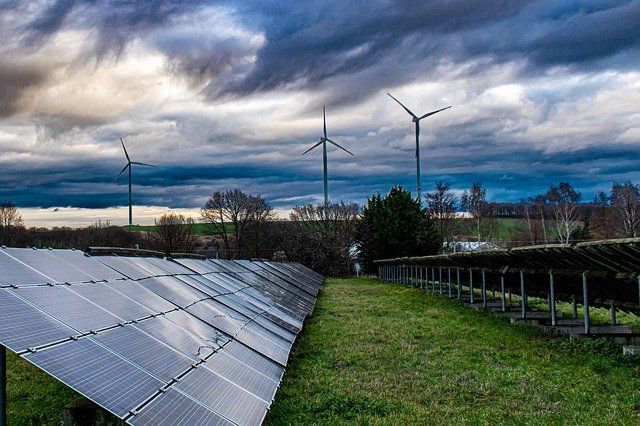In order to make Germany and Europe more independent in terms of energy, renewable energies are to be expanded as quickly as possible. A noble goal, but implementation is more than questionable. "Particularly in the approval procedures, the resistance is in the details", says Markus W. Voigt, CEO of the aream Group.
From 2027, 20 gigawatts of new solar power alone are to be installed each year. To achieve this target volume, a radical rethink of the approval process is needed. "It is not enough in this regard for the federal government to proclaim an expansion target but then continue to leave the concrete implementation to the states and municipalities", says Voigt. "If the legislature really wants renewables to be produced at the scale envisaged, important issues must be decided centrally." But that requires unpleasant decisions.
In order to simplify approval procedures, cuts would have to be made in regulations that are in part very strict and in part above all strictly interpreted. "It has already been heard from the traffic light coalition that it is misunderstood species protection if an animal species is protected locally, but overall the population would be threatened or destroyed by climate change", says Voigt. "Concerning this matter, pragmatic solutions really need to be found that reconcile both goals."
In addition, the hurdles for lawsuits against projects are quite low. "There would have to be a change here if a faster transition to green power is actually to succeed", Voigt says. "For example, some lawsuits are, after all, brought primarily with the aim of delaying projects, driving up costs for those involved and thus preventing one thing or another", Voigt says. "Mind you, for projects that, in retrospect, could be approved without any dispute whatsoever." Here, the difficult decision would have to be made as to whether the hurdles for lawsuits should not be raised.
On another point, other EU countries are already much further ahead than Germany: Spain, for example, sees the expansion of renewable energies as a national interest. "And if delays and refusals to lay lines or enable connections endanger national security interests, expropriation also becomes possible", Voigt says. This, too, is a decision that will not be taken gladly in political Berlin.
One of the biggest problems with the actual implementation of projects, however, is that the approval procedures are completely in the hands of the local authorities. "There is hardly any overarching consideration, each municipality actually decides for itself", says Voigt. "If a community doesn't want a photovoltaic or wind power plant - for whatever reason - enforcement is virtually impossible, even if there are no objective reasons against it." Decentralization, which makes renewables so stable and in many ways unassailable, is one of the biggest roadblocks to expansion. "In this regard, it would be critically important that the approval authority be moved up at least one notch", Voigt says.
PRESSEKONTAKT:
Leandra Kiebach
T: +49 (0)211 30 20 60 4-2
E: lk@aream.de
